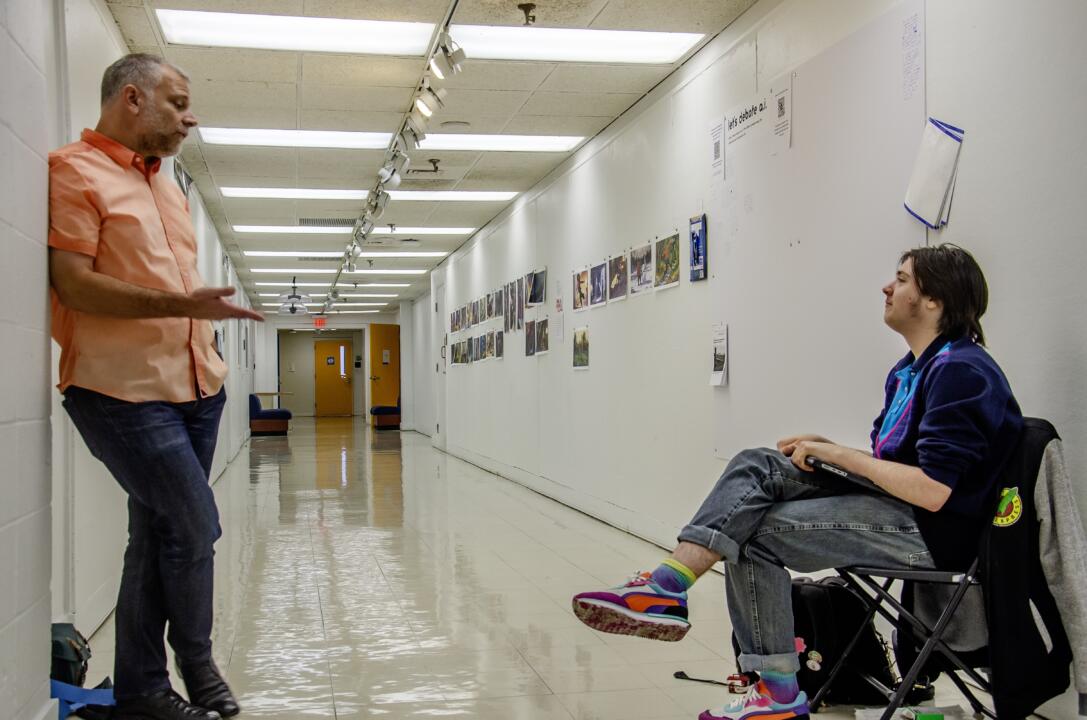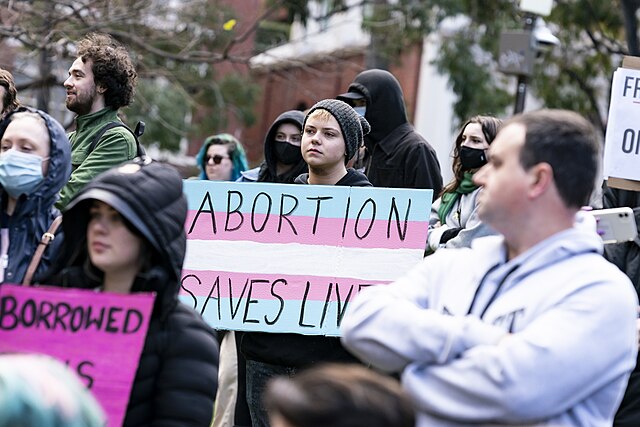Editor’s Note: This article contains mention of sexual assault.
The lawsuit filed two years ago alleging that the University of Maryland, Baltimore County mishandled sexual assault complaints has now been dismissed by the United States District Court Judge Deborah Chasanow.
The $10 million, federal class-action lawsuit originally named 22 defendants, including UMBC, President Freeman Hrabowski, UMBC Police, the Board of Regents for the University System of Maryland and the Baltimore County State Attorney, Scott Shellenberger.
According to The Baltimore Sun, Chasanow had written that the complaint was “verbose” and “the plaintiffs ‘at best, have masked meritorious allegations by the overambitious pleading, and, at worst, have simply failed to state any viable claim.’”
Judge Chasanow had granted the defendants’ motions to dismiss the lawsuit back in 2019 but allowed the plaintiffs to re-file within 21 days, which they did. On September 30, Judge Chasanow once again dismissed the third amended complaint case.
In the 75-page memorandum opinion, Judge Chasanow wrote that the plaintiffs presented an “overbroad, unfocused recitation of conclusory allegations, some masquerading as ‘facts.’” She also stated that the plaintiff’s “repeated assertions of bias and discriminatory intent lack any specific factual support.” The decision to dismiss the case was ruled with “no hearing being deemed necessary.”
Chasanow gave the plaintiffs an option to refile the case with narrower complaints. Attorney Rignal W. Baldwin V, a lawyer representing the plaintiffs, told The Baltimore Sun that they intend to refile.
Due to the refile, the attorney office representing UMBC, President Freeman Hrabowski, UMBC police, the Board of Regents for the University System of Maryland stated that the Office of the Attorney General is “unable to comment on the case.”
According to the campus message released by President Freeman Hrabowski and Provost Philip Rous, Judge Chasanow “ruled that UMBC fulfilled its obligations under all aspects of the law,” adding that “in all matters of equity and inclusion, compliance with the law is essential but certainly not sufficient.”
UMBC’s Office of Equity and Inclusion (OEI), which spawned out the university’s efforts to address student protests resulting from the lawsuit, does not agree with allegations of diversion of sexual assault reports by Chief of Police Paul Dillon. The office explains that Dillon performed his duties in reporting the cases to OEI’s predecessor, the Office of Human Relations.
However, OEI also echoed Hrabowski’s dedication to going beyond compliance with the law and performing duties.
“We are not looking at the minimum that the government requires or that a federal judge would require,” said Director of OEI Ariana Arnold, “We have chosen as a community to do more to take care of our students and to support them.”
Arnold states that OEI has changed dramatically since the beginning of the lawsuit. Out of the new office policies, Arnold and Chief of Staff and Executive Director of OEI Candace Dodson-Reed point to the anonymous online reporting portal as one of the changes made to UMBC’s sexual assault policy. The old format for reporting required students and staff to come into the office and fill out a five-page form that is then routed to Title IX. While students and staff are still reporting this way, Arnold and Dodson-Reed state that they have seen an increase in students directly reporting through the online form.
Dodson-Reed explained that online reporting, even if students and staff choose to not launch an investigation, gives OEI the ability to track reports. Tracking the reports makes it easier for OEI staff to intervene if they see a pattern in reports from a particular department or dorm or with a particular individual.
Since OEI and its new sexual assault policies were born out of student protest and activism, Dodson-Reed and Arnold emphasize the importance of students’ and staff’s voices in the process. Dodson-Reed, who was a part of the formation of OEI and Retriever Courage, an initiative also formed from student protest, recalled the “Sunday Group” which she met with every Sunday to listen to their stories, concerns and ideas on how UMBC can better handle sexual assault and harassment.
“Part of what sets UMBC apart from some of our other colleagues who do this work is that we’re not afraid to involve students in what we’re doing,” said Arnold. “And I think that’s the best way to make sure what you’re doing serves your community.”
But some students and alums feel differently. Junior geography and environmental systems and history double major Emily Beyer believes the university does a lot for appearances to prove they care about sexual assault and harassment. She used the example of making professors into “responsible employees” by putting the Title IX section on their syllabi and the training on sexual assault and harassment that students are now required to complete every year. However, she worries that stated education is deficient.
“I don’t believe most professors even know what this entails, let alone the students,” said Beyer. “In reality, UMBC is clearing lacking in proper education. This is their way of saying ‘you can’t sue us because they clearly completed the sexual harassment course we created.’”
Kaitlyn Kaufman, who graduated in May, felt that the university hasn’t shown a committment to supporting survivors of sexual assault. “I’ve just seen this university go back and forth so many times on whether or not they’re willing to put in an effort for sexual assault survivors,” she said. “The Women’s Center does incredible work but it is undermined over and over again by the administration and police pushing issues under the rug and this is a perfect example of that.”

